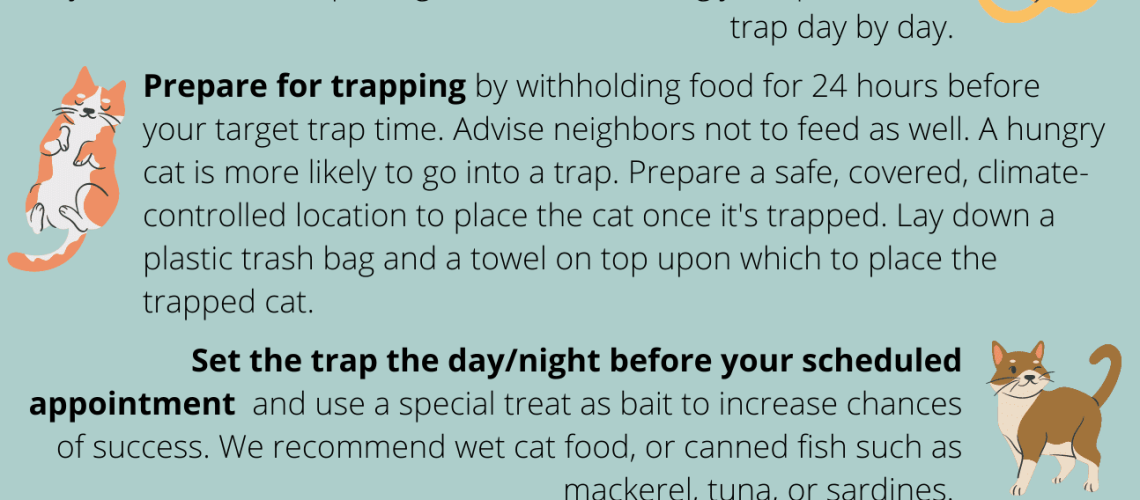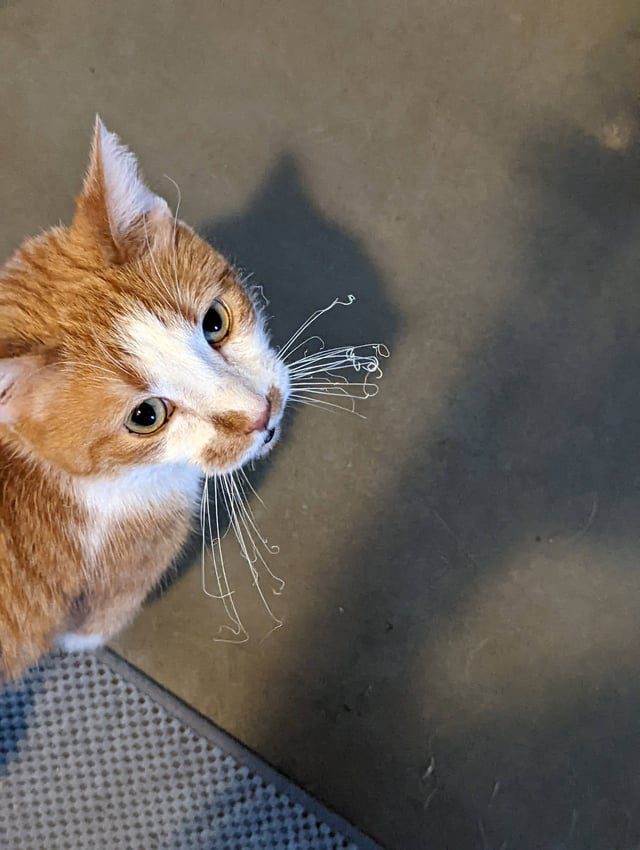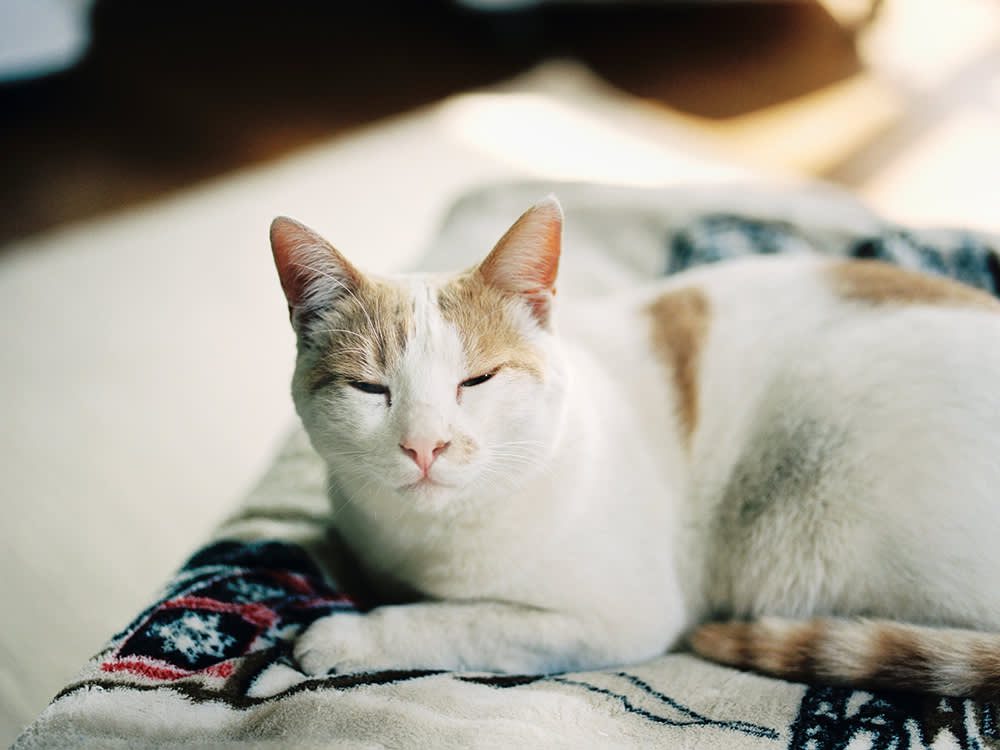Are you a cat lover? If so, you'll want to pay close attention to this captivating topic: the Cat Cold Mystery. Have you ever wondered if your furry friend can catch your cold? Well, get ready to uncover the truth behind this puzzling question. Understanding this topic is essential because it will not only help keep your beloved pet healthy but also provide valuable insights into the fascinating world of feline health. So, let's dive right in and explore whether cats can really catch our colds or not. Prepare to be amazed by what we discover!
Key Takeaways:
- Cats can catch colds from humans, but it is relatively rare.
- Transmission of cold viruses between cats and humans usually occurs through close contact.
- Cats may show symptoms similar to humans when they have a cold, such as sneezing and nasal discharge.
- It is important to keep sick cats separate from healthy ones to prevent the spread of the virus.
- Veterinary care should be sought if a cat's cold symptoms persist or worsen.
The Cat Cold Mystery: Can Cats Catch Colds from Humans?
Understanding the Link Between Cat Colds and Human Illnesses
Have you ever wondered if your cat can catch a cold from you? Well, the answer is not so simple. While cats do get colds, they usually don't catch them from humans. Most cat colds are caused by viruses that are specific to cats, like the feline herpesvirus or calicivirus. These viruses can be spread from one cat to another through direct contact or through sharing food bowls or litter boxes.
However, there have been some rare cases where cats have caught colds from their owners. This usually happens when the owner has a severe respiratory infection, like the flu, and their cat comes into close contact with them. In these cases, it's important for both the owner and the cat to receive proper medical care to prevent further spread of the illness.
Tips for Preventing Your Cat from Catching a Cold
- Keep your cat's living area clean and free of dust and allergens.
- Make sure your cat is up-to-date on vaccinations to protect against common feline viruses.
- Avoid exposing your cat to other sick animals or environments where they may come into contact with viruses.
- If you're feeling unwell, try to limit close contact with your cat until you've recovered.
How Do Cats Get Colds and Can They Give Them to People?
The Common Symptoms of a Cat Cold and Ways to Help Your Cat Feel Better
Cats can get colds just like humans do. The most common way for cats to catch a cold is through direct contact with other infected cats. Sneezing, coughing, and sharing food or water bowls can all spread the viruses that cause cat colds. It's important to note that while cats can catch colds from each other, they usually cannot give them to people.
If your cat has a cold, you may notice some common symptoms such as sneezing, runny nose, watery eyes, and coughing. Your cat may also have a decreased appetite and seem more tired than usual. To help your cat feel better, make sure they have plenty of fresh water to drink and provide them with warm and comfortable resting areas. You can also try using a humidifier in their living area to help relieve congestion.
Protecting Yourself from Catching a Cold from Your Cat
- Wash your hands thoroughly after handling your cat or cleaning their litter box.
- Avoid close contact with your cat if you are feeling unwell or have a weakened immune system.
- If you must handle your cat while you're sick, consider wearing disposable gloves to minimize the risk of transmission.
- Keep your home clean and free of allergens that could worsen your respiratory symptoms.
Scientists Studying the Link Between Cat Colds and Human Illnesses
Can Indoor Cats Get Colds Too? Understanding the Risks
You might think that indoor cats are safe from catching colds since they aren't exposed to other cats or outdoor environments. However, indoor cats can still catch colds. The viruses that cause cat colds can be brought into the home on clothing or shoes, or even transmitted through the air if someone nearby is sick.
To reduce the risk of your indoor cat catching a cold, it's important to take precautions such as washing your hands before interacting with them, keeping their living area clean, and avoiding close contact if you're feeling unwell. Regular veterinary check-ups and vaccinations can also help protect your indoor cat from common feline viruses.
Common Symptoms of a Cat Cold and Ways to Help Your Cat Feel Better
The Common Symptoms of a Cat Cold and Ways to Help Your Cat Feel Better
If your cat has a cold, they may show symptoms such as sneezing, coughing, runny nose, watery eyes, and lethargy. They may also have a reduced appetite and seem less active than usual. It's important to monitor your cat's symptoms and provide them with proper care to help them feel better.
To help your cat feel better during a cold, make sure they have access to fresh water at all times to stay hydrated. You can also try feeding them wet food or warming their regular food slightly to make it more appealing. Providing a warm and comfortable resting area for your cat can also help alleviate their discomfort. If their symptoms worsen or persist for more than a few days, it's best to consult with your veterinarian for further guidance.
Tips for Preventing Your Cat from Catching a Cold
Keep your cat indoors:
Indoor cats are less likely to come into contact with other cats that may be carrying cold viruses. By keeping your cat indoors, you can greatly reduce the risk of them catching a cold.
Ensure proper vaccination:
Make sure your cat is up to date on all their vaccinations, including the one for feline viral rhinotracheitis, which is a common cause of upper respiratory infections in cats. Vaccinations can help strengthen your cat's immune system and protect them from various illnesses.
Provide a healthy diet:
A well-balanced diet rich in essential nutrients can help boost your cat's immune system and make them less susceptible to colds. Ensure they have access to fresh water at all times and feed them high-quality cat food that meets their nutritional needs.
Regularly clean and disinfect:
Keeping your cat's living environment clean is crucial in preventing the spread of cold viruses. Regularly clean their litter box, bedding, toys, and any other surfaces they come into contact with. Use pet-safe disinfectants to kill any germs that may be present.
Avoid exposure to sick cats:
If you have multiple cats or frequently visit places where there are other cats, be cautious about exposing your cat to sick individuals. Cold viruses can easily spread through direct contact or shared objects such as food bowls or grooming tools.
- Keep an eye out for symptoms: Watch for signs of a cold in your cat, such as sneezing, coughing, nasal discharge, or lethargy. If you notice any of these symptoms, consult with your veterinarian promptly.
- Provide plenty of exercise: Regular physical activity helps keep your cat's immune system strong and reduces the risk of respiratory infections.
- Minimize stress: Stress can weaken your cat's immune system, making them more susceptible to illnesses. Create a calm and comfortable environment for your cat to reduce stress levels.
Remember, prevention is key when it comes to keeping your cat healthy and free from colds. By following these tips, you can minimize the risk of your furry friend catching a cold and ensure they live a happy and healthy life.
Can Indoor Cats Get Colds Too? Understanding the Risks
The possibility of indoor cats getting colds:
Contrary to popular belief, indoor cats are not completely immune to catching colds. While they may have a lower risk compared to outdoor cats, indoor cats can still contract cold viruses through various means.
Transmission of cold viruses:
Cold viruses can be transmitted through direct contact with an infected cat or by exposure to contaminated objects such as food bowls, bedding, or toys. Even if your indoor cat never goes outside, they can still be exposed to these viruses if you bring them into your home on your clothes or shoes.
Understanding the importance of vaccination:
Vaccination plays a crucial role in protecting indoor cats from cold viruses. Even though they may have limited exposure compared to outdoor cats, vaccinations help strengthen their immune system and reduce the severity of symptoms if they do happen to catch a cold.
- Regular vet check-ups: Schedule regular visits with your veterinarian to ensure your cat's vaccinations are up to date and discuss any concerns you may have about their health.
- Practice good hygiene: Wash your hands thoroughly before and after handling your cat or their belongings. This helps prevent the spread of germs that could potentially cause a cold.
- Separate sick cats: If one of your indoor cats becomes ill with a cold, it's important to isolate them from other cats in the household to prevent further transmission of the virus.
Understanding the risks and taking necessary precautions can help keep your indoor cat safe from colds. While they may have a lower risk compared to outdoor cats, it's important to remain vigilant and provide them with proper care and attention.
Protecting Yourself from Catching a Cold from Your Cat
Understanding zoonotic diseases:
Zoonotic diseases are illnesses that can be transmitted between animals and humans. While it is rare for cats to pass cold viruses onto humans, it is still possible. Taking certain precautions can help minimize the risk of catching a cold from your cat.
Practice good hygiene:
Wash your hands thoroughly after handling your cat, especially if they are showing symptoms of a cold. Avoid touching your face or eating without washing your hands first, as this can introduce any potential viruses into your system.
Keep a clean living environment:
Regularly clean and disinfect surfaces that come into contact with your cat, such as their litter box, bedding, and food bowls. This helps eliminate any potential viruses that may be present in their environment.
- Avoid close contact when sick: If you are feeling unwell or have a weakened immune system, try to limit close contact with your cat until you recover.
- Consult a healthcare professional: If you develop symptoms similar to those of a cold after close contact with your cat, seek medical advice for proper diagnosis and treatment.
While the risk of catching a cold from your cat is generally low, taking these precautions can help ensure both you and your furry friend stay healthy. By practicing good hygiene and maintaining a clean living environment, you can minimize the chances of contracting any potential illnesses from your beloved pet.
In conclusion, cats can catch colds from humans, but it is not very common. It is important to take care of our pets and keep them away when we are sick to prevent any potential transmission of illnesses.
Can humans catch colds from cats?
Similar to humans, cats can get viral infections that lead to upper respiratory issues and exhibit similar symptoms to humans when they have a cold. However, it's crucial to understand that you cannot catch a cold from your cat because the viruses that affect cats do not affect humans.
Can my pets catch a cold from me?
The chances of your dog catching a cold from a human are extremely low. If you have a runny nose or cough, you might be concerned about transmitting the cold to your furry friend, but rest assured that this is not possible. Dogs cannot be infected by the common cold virus that affects humans.
Can humans catch a virus from cats?
While cats make wonderful pets, it is important for cat owners to be mindful that cats can sometimes carry harmful bacteria that can lead to various illnesses in humans, including minor skin infections and more severe diseases.
Can humans get respiratory infections from cats?
Respiratory infections that can be transmitted from cats or dogs to humans include Bordetella bronchiseptica, Pasteurella multocida, Francisella tularensis, Yersinia pestis, Coxiella burnetii, and Bartonella henselae.
Can you get sick from your cat sneezing on you?
Just a short period of contact with a sick cat or an area where a sick cat has sneezed is sufficient for another cat to contract the disease. Fortunately, these viruses only affect cats and do not infect dogs, humans, or other species that you might be worried about, such as pocket gophers.
How long do cat colds last?
Cat colds typically have a duration of approximately seven to ten days and are typically not severe. However, if your cat's cold symptoms do not improve within four days, it is advisable to seek veterinary care. Certain upper respiratory illnesses can be serious and may progress to pneumonia if not closely monitored.

















